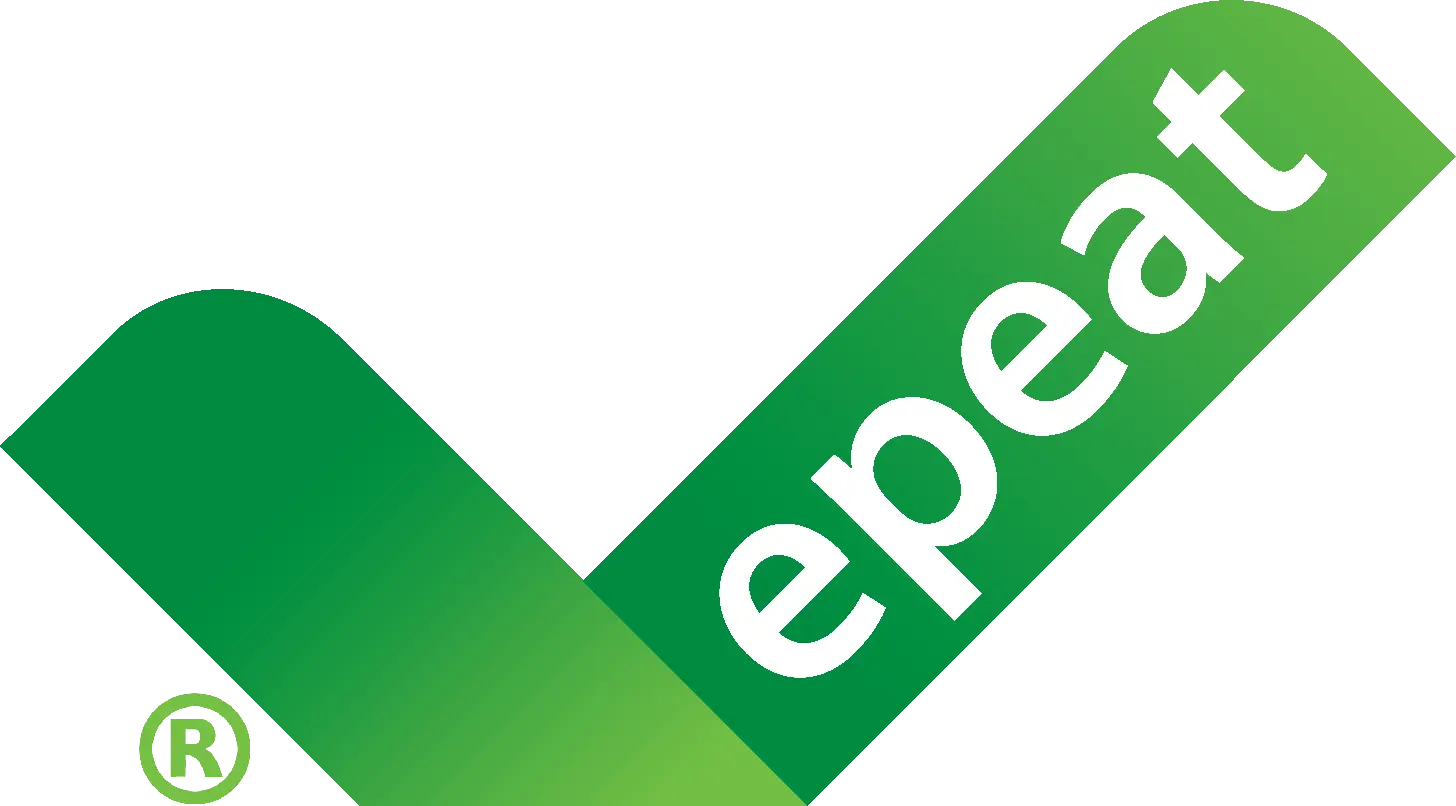Qcells and EPEAT Ecolabel Certification
Qcells believes in a sustainable, low carbon future. We know that our mission of completely clean energy starts at home, which is why we have worked hard to become the very first monocrystalline solar product to achieve EPEAT certification. Learn more about EPEAT, its importance, and our plans to continue these efforts across product lines below.

EPEAT (Electronic Product Environmental Assessment Tool) is a voluntary but comprehensive, globally recognized ecolabel that helps purchasers identify more sustainable products. Managed by the non-profit Global Electronics Council (GEC), it is the leading Type 1 ecolabel for solar modules and other electronics. Products that meet EPEAT Criteria are identified on the public-facing website called the EPEAT Registry. EPEAT registered products are designed to meet strict sustainability criteria and to have lower impacts on people and planet than non-registered products.
Per the GEC, “EPEAT offers the most comprehensive online registry of electronics products in existence, with more products from more brands in more countries than any other ecolabel. Manufacturers of all sizes participate, from Fortune 500 global leaders to emerging brands. Purchasers can use the free online EPEAT registry to compare hundreds of products head-to-head on performance related to sustainability leadership criteria.”
Not only does EPEAT certification help consumers, businesses and government to easily and confidently select products that are verified to be lower carbon than others, but it also provides a standardized and recognized framework to evaluate and compare the environmental attributes of various products.
Purchasing products with low embodied carbon can enable organizations to reduce their greenhouse gas (GHG) emissions. By purchasing low-carbon solar modules, buyers can maximize the benefits of renewable energy investments.
Purchasing products with low embodied carbon can enable reduced Scope 3 emissions. By purchasing low-carbon solar panels, consumers can maximize the benefits of renewable energy investments.
Products that hold the EPEAT ecolabel have addressed four critical sustainability impact areas:
- Climate change,
- Chemicals of concerns,
- Circularity and sustainable use of resources
- Corporate environmental social governance (ESG) performance.
These areas of impact and the criteria required by manufacturers to address them are science based and developed by global thought leaders. EPEAT registered products are designed to meet strict sustainability criteria and to have lower impacts on people and the planet than non-registered products. EPEAT’s newly released criteria for embodied carbon (“Ultra-Low Carbon Criteria”) will ensure that EPEAT-registered solar panels emit less carbon specifically during their production, contributing to lower Scope 3 emissions for purchasers of solar modules or electricity from solar installations. Full requirements for both of these certifications can be found on the EPEAT website, also noted below:
- EPEAT Photovoltaic Modules and Inverters Category Criteria [based on NSF/ANSI 457 – 2019 Sustainability Leadership Standard for Photovoltaic Modules and Photovoltaic Inverters]
- EPEAT Criteria for the Assessment of Ultra-Low Carbon Solar Modules
Before becoming EPEAT-registered, an independent third-party certification and testing organization must verify the product’s conformance with EPEAT Criteria. EPEAT registered products are listed on the public-facing EPEAT Registry and subject to monitoring to ensure conformance on an ongoing basis.
Qcells intends to EPEAT-register multiple solar products from both residential and commercial applications. To view the current EPEAT-registered products, please visit the EPEAT Registry. Our consolidated disclosure for all registered products can be found here.
Qcells is proud to be one of only two EPEAT registered PV manufacturers. Federal Acquisition Regulation (FAR) Part 23 (reference sections 23.103A and 23.108-3) requires US Federal Agencies to procure primarily EPEAT registered and environmentally sustainable electronics. To activate this requirement, there must be 3 registered products from 2 different suppliers in the EPEAT Registry, which Qcells enabled in May 2024. In addition to Federal regulations, some states or localities may have provisions requiring compliance with federal procurement rules even in the absence of using federal funds. For more information, reference the EPA Guidance here and the U.S. General Services Administration page on guidance for Environmentally preferable products, which can be found here.
 USA & Canada
USA & Canada Korea
Korea Germany
Germany United Kingdom
United Kingdom France
France Italy
Italy Netherlands
Netherlands Greece
Greece Poland
Poland Portugal
Portugal Hungary
Hungary Spain
Spain Australia
Australia Japan
Japan